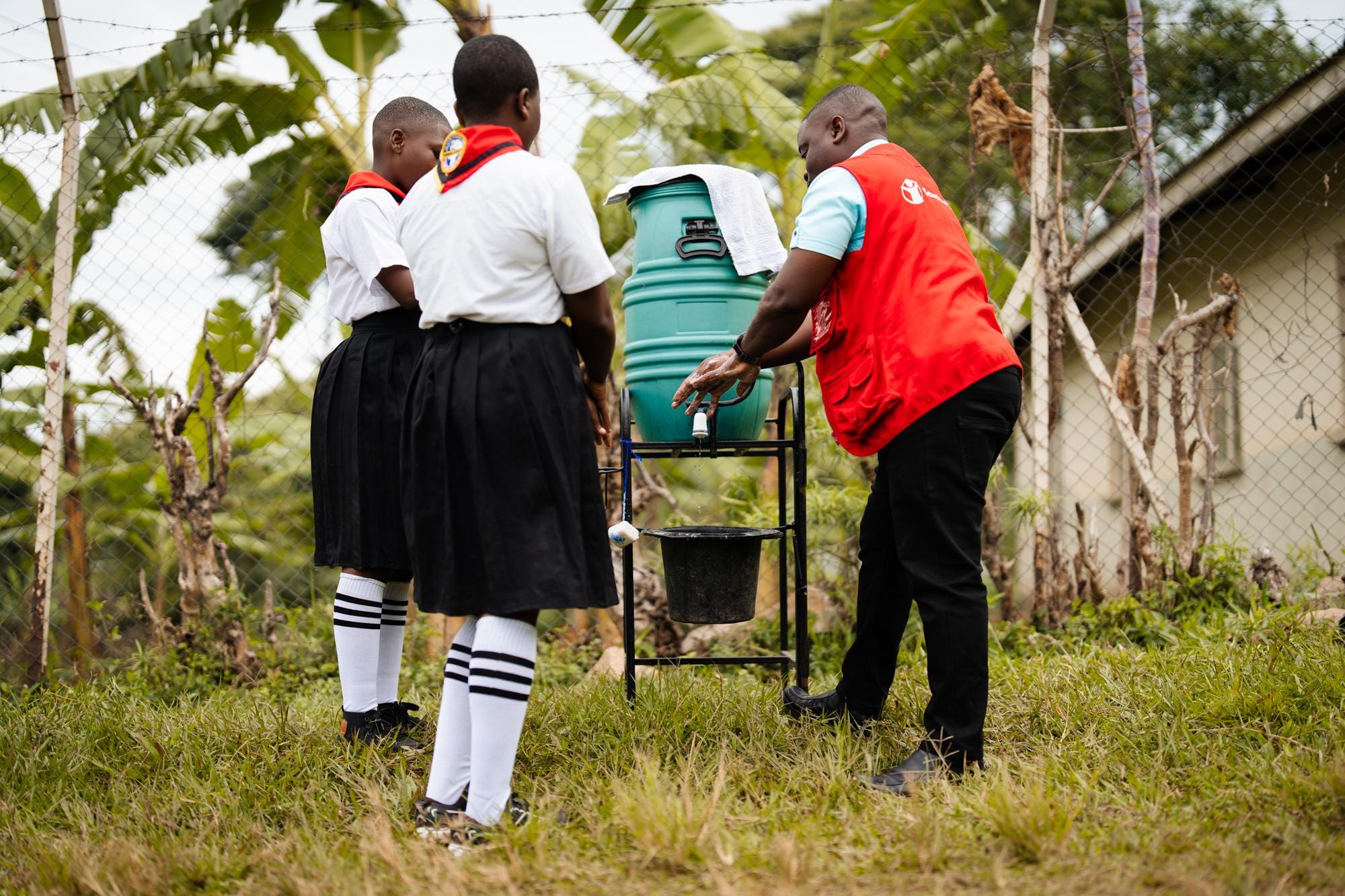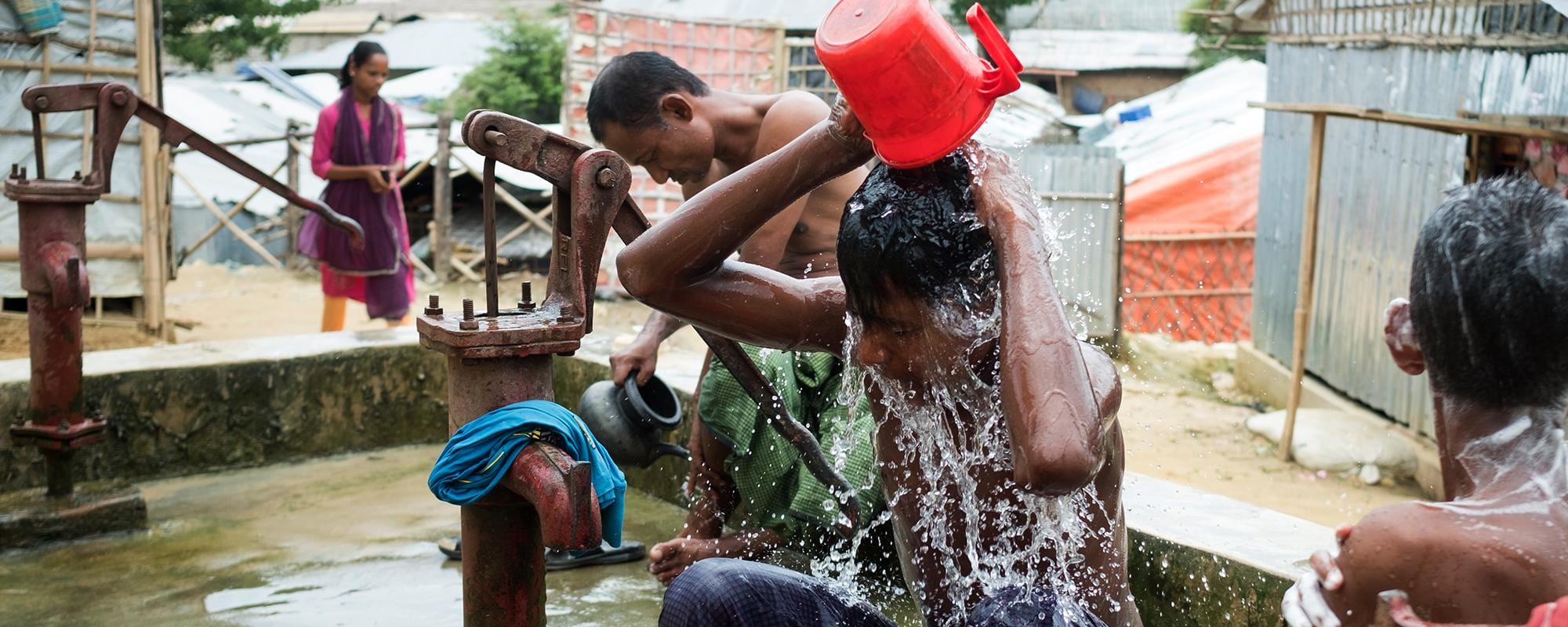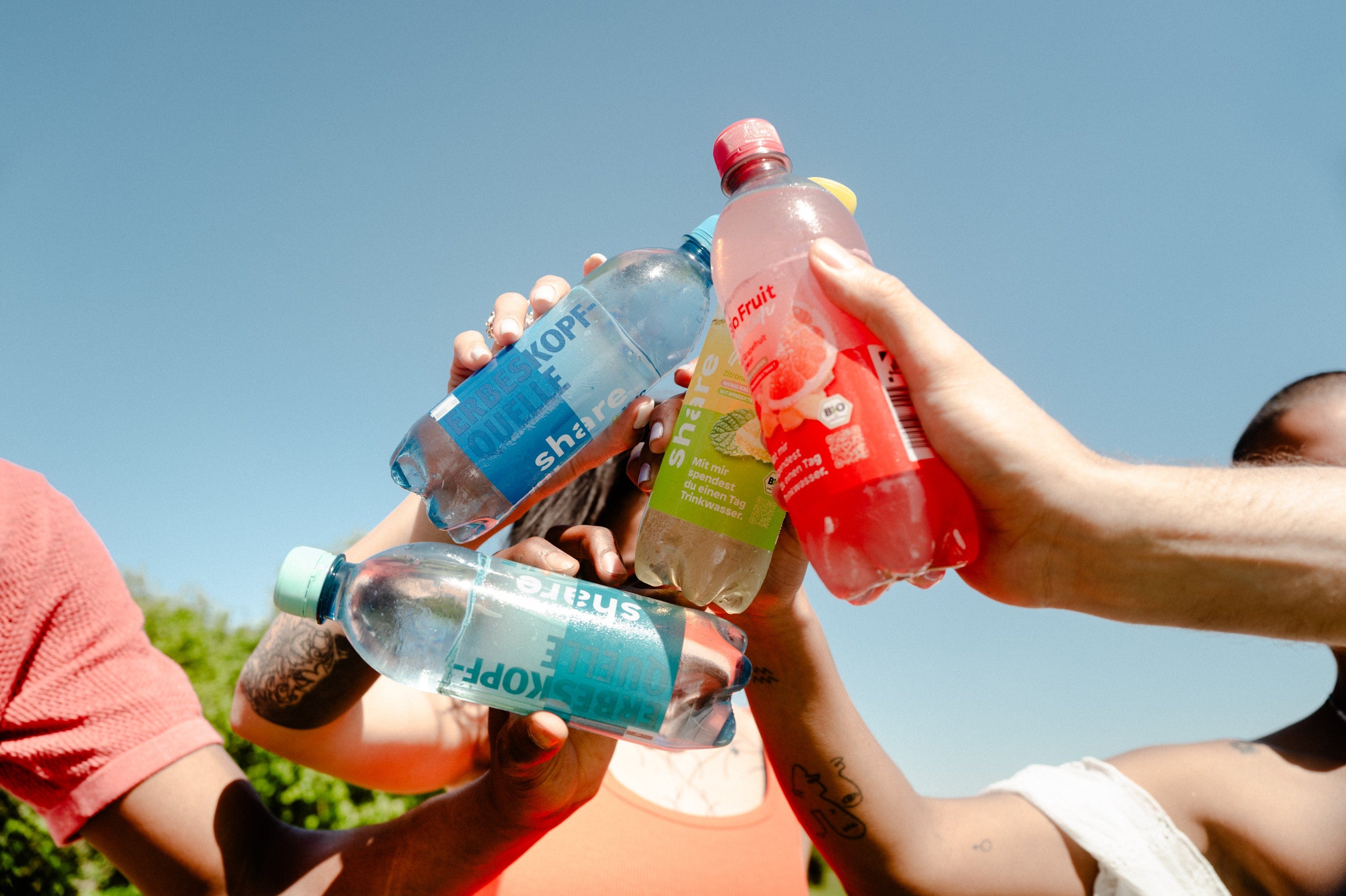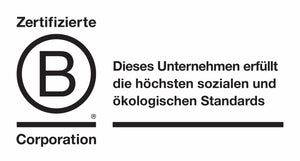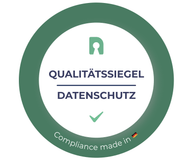In many federal states, the school holidays are coming to an end and classes will soon start again. And that is - even if the children may see it differently at the moment - a real privilege. In many countries, the nearest school is several hours away, the children have to support their families with work, or the teaching materials are simply too expensive. But together with Welthungerhilfe, we can change that. Every item of stationery purchased from share automatically supports Welthungerhilfe . The organization provides school materials, meals and hygiene items at various schools in Uganda as needed, thus ensuring that more children can be taught. On our project trip at the beginning of the year, we were able to see this for ourselves together with our trading partner dm. In the magazine, we tell you all about our impressive project trip!

